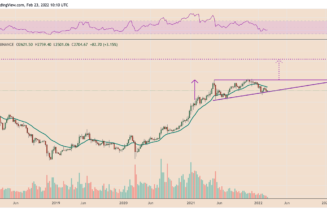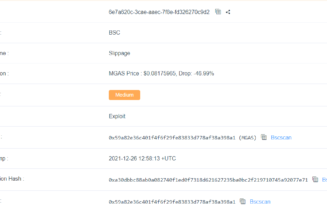
- The country’s central bank has previously raised concerns over the assets’ threat to the country’s macro-economic and financial stability
- Last month, two major exchanges disabled deposits via the popular payment system in use within the country
The uncertainty surrounding India’s crypto space has left traders and investors with doubts and strings of unanswered questions. This murky scenario has created mixed signals in the country with one of the highest potentials for crypto investors – India is the second-most populous country in the world – and threatened the freedom of exchanges to operate freely.
New Delhi’s income tax imposition on crypto could be a sign of approval
The central bank’s growing concern for investor welfare is warranted, cautioning that dealing in digital assets is at investors’ own risk. With the apex bank advocating for an outright ban, the federal government’s tax imposition on crypto earnings is perceived as approval of digital assets.
Some advertising regulations imposed with the tax seem to reinforce the idea of crypto being accepted by the country’s hierarchy. Late last year, Prime Minister Narendra Modi advocated for the adoption of emerging technologies, including blockchain, another indication that the ban might not come into force.
Still, regulatory uncertainty has already been felt by several investors already in the country. This is after CoinSwitch users were unable to deposit cash via the United Payment Interface (UPI), a common payment system regulated by the country’s central bank. This was also the case for WazirX, another crypto exchange operating in the country.
Regulation will bring more peace to investors
Speaking at the World Economic Forum at Davos, CoinSwitch co-founder set forth that regulation will bring much-needed peace for crypto investors.
“Users don’t know what will happen with their holdings- is the government going to ban, not ban, how is it going to be regulated?” he told Reuters.
Thus far, the Indian crypto scene remains turbid. It not only requires laws to be enacted to promote identity verification and crypto assets transfer but also calls for measures to track suspicious transactions and report to any authority should the need arise.
[flexi-common-toolbar] [flexi-form class=”flexi_form_style” title=”Submit to Flexi” name=”my_form” ajax=”true”][flexi-form-tag type=”post_title” class=”fl-input” title=”Title” value=”” required=”true”][flexi-form-tag type=”category” title=”Select category”][flexi-form-tag type=”tag” title=”Insert tag”][flexi-form-tag type=”article” class=”fl-textarea” title=”Description” ][flexi-form-tag type=”file” title=”Select file” required=”true”][flexi-form-tag type=”submit” name=”submit” value=”Submit Now”] [/flexi-form]










Tagged: crypto blog, Crypto news, Crypto regulation, India, Policy and Regulation